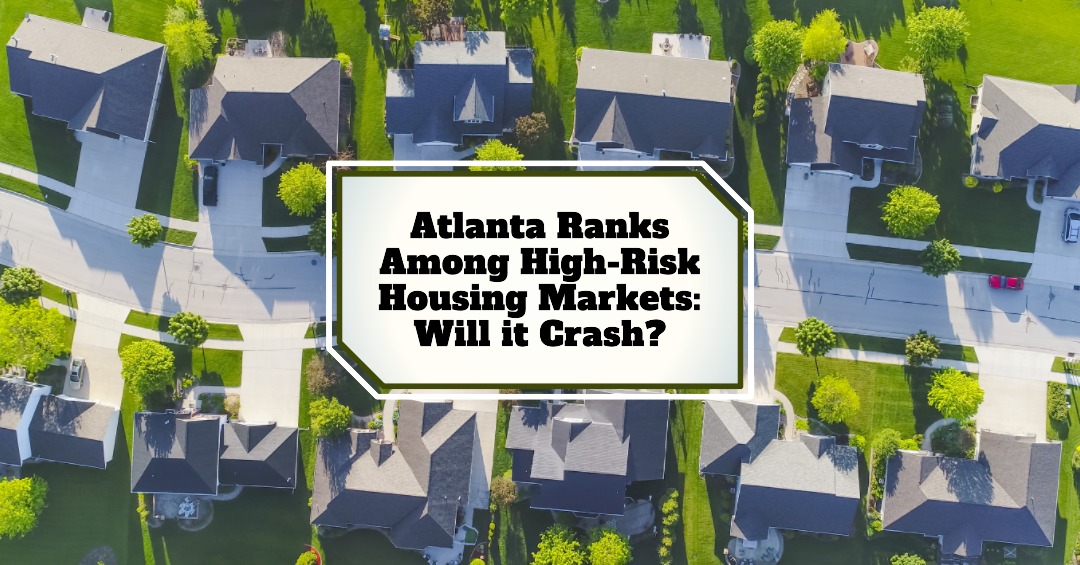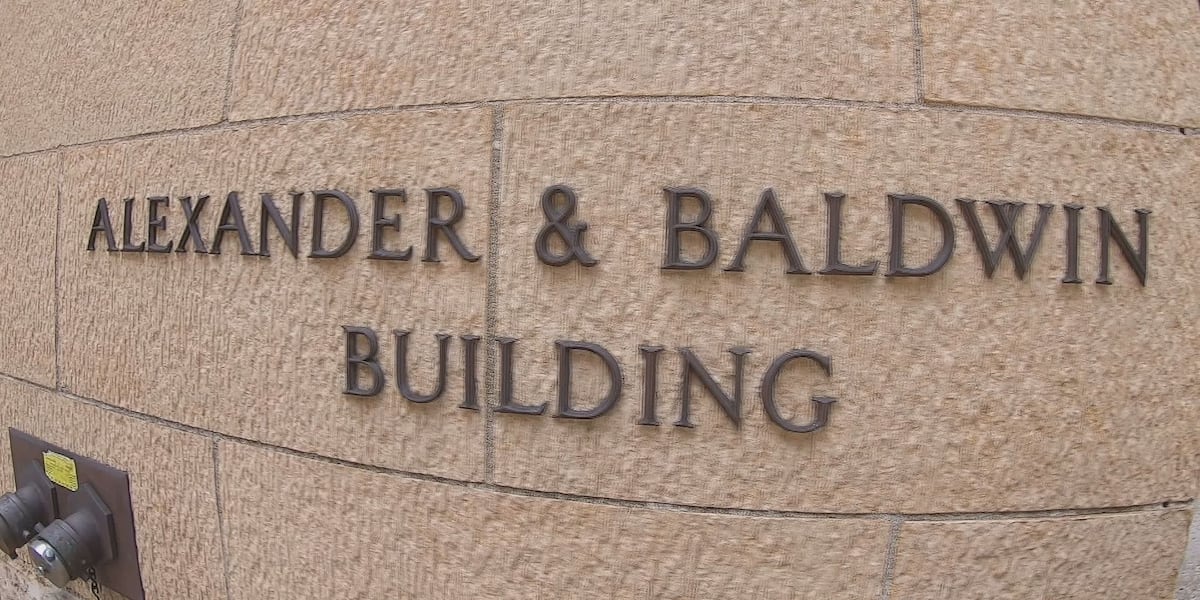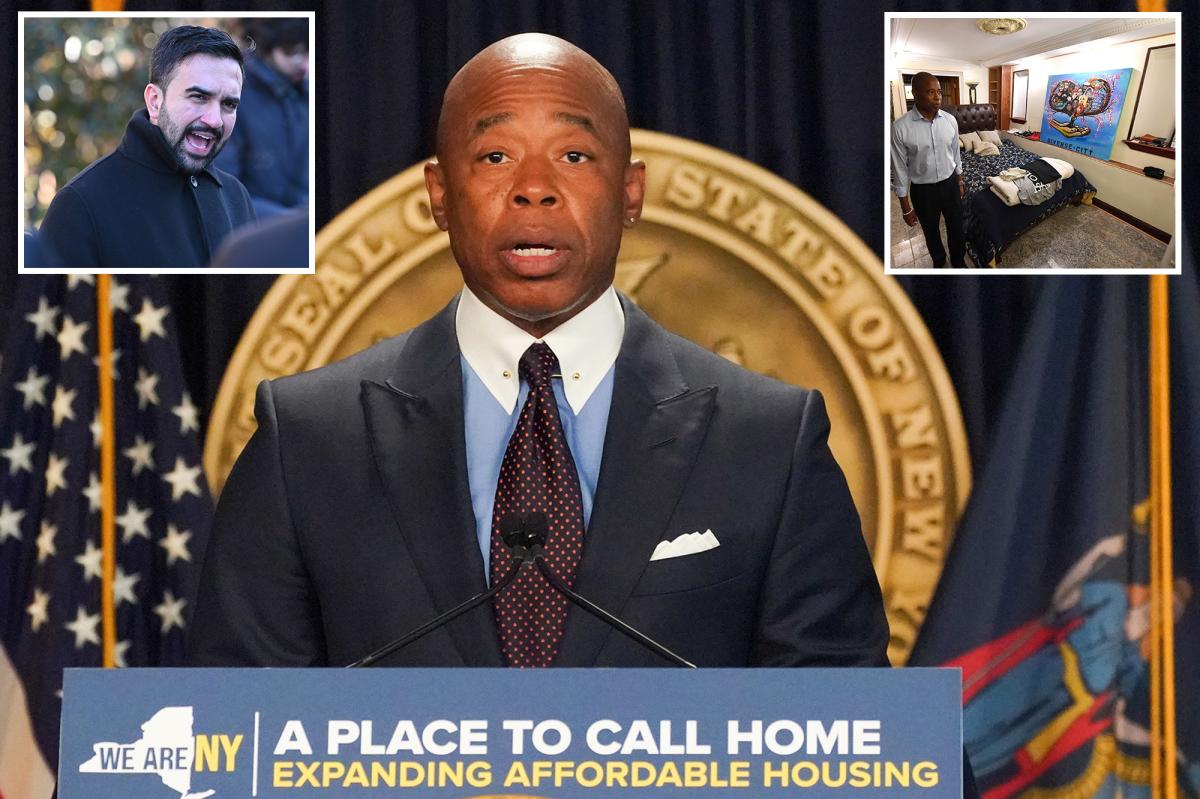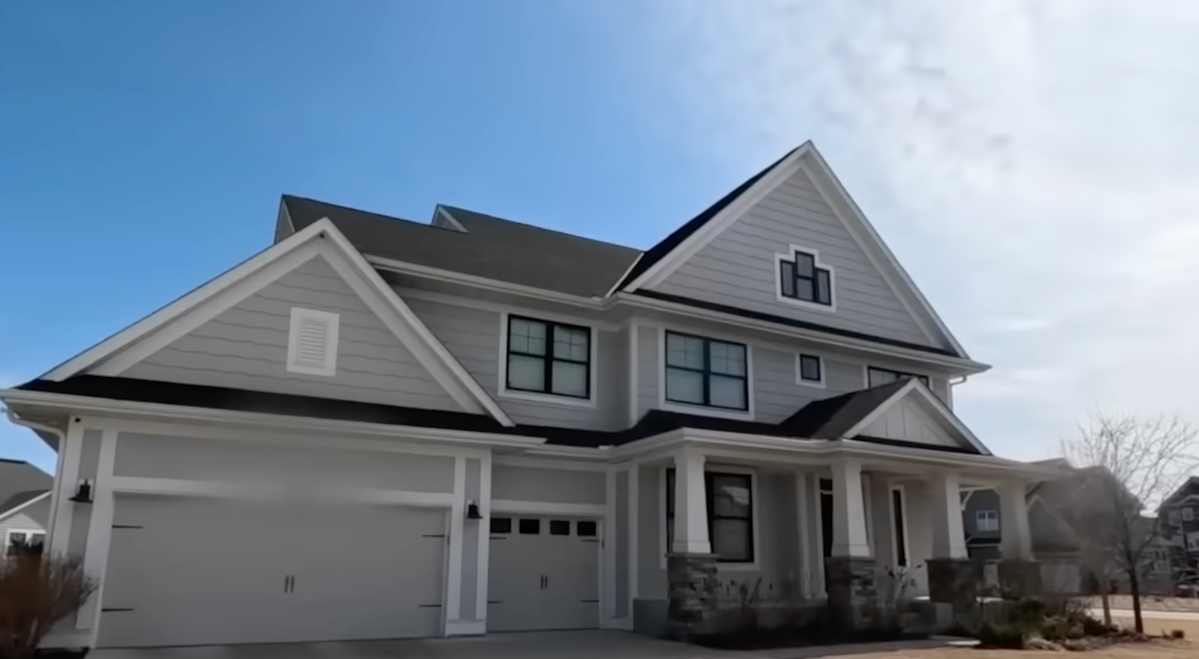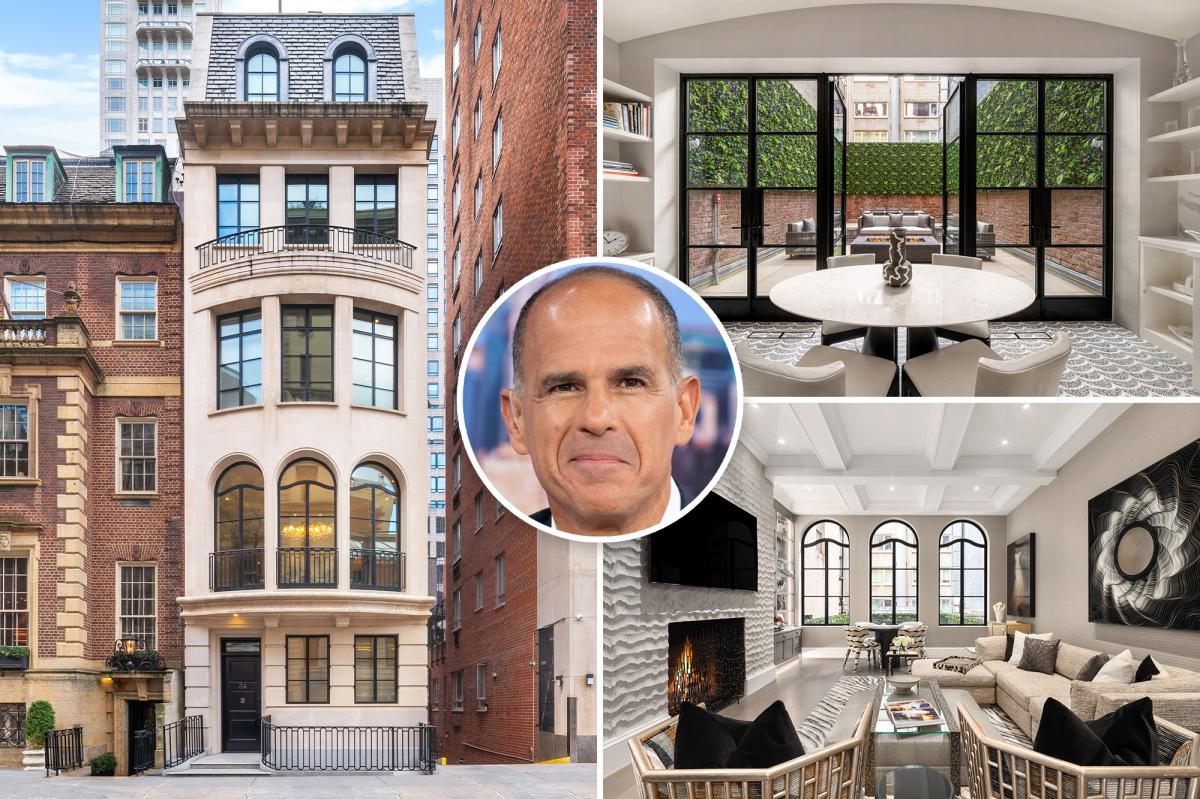L
et's talk about a housing market development that might make your stomach drop if you own a home in Atlanta or perk up your ears if you're hoping to buy one. According to recent insights by Cotality, the buzz is true: Atlanta ranks among high-risk housing markets that may see significant price drops. In fact, a new report specifically flags the Atlanta area as the second-highest risk market in the entire country for home price decline.
This news might be surprising given Atlanta's reputation as a non-stop growth machine. People have been flocking here, jobs have been growing, and it felt like home prices were destined to keep climbing forever. However, hearing that Atlanta is now considered high-risk for a potential price crash or serious downward correction is definitely attention-grabbing.
When we talk about a "high risk" housing market in this context, it doesn't mean the bottom will fall out completely tomorrow. Instead, it signals that the market has a higher probability of seeing a significant decrease in home values. Think of it like a weather forecast: a high risk of thunderstorms means you should make indoor plans, but it doesn't guarantee lightning will strike your house.
Atlanta's spot on the high-risk list is based on analysis of various factors, including recent price trends, affordability levels, changes in inventory, and broader economic conditions. According to the report, Atlanta isn't just on the list; it's near the top, ranked #2 out of the top 5 markets identified with a very high risk of price decline among the top 100 largest metro areas.
So, what does this mean for you? If you're connected to the Atlanta real estate market, this ranking should be part of your thinking. As a potential buyer in Atlanta, this information could feel like a ray of hope: prices might become more reasonable or stop their upward march. However, buying in a high-risk market also comes with its own risk: you could buy today and see the value of your home drop significantly in the short to medium term.
If you're a current Atlanta homeowner, hearing that your market is high-risk for a crash is understandably worrying. The most important thing is not to panic: real estate is often a long-term investment. If you bought your home years ago, before the recent run-up, you likely have significant equity and a 10-20% correction might only erase some of your recent gains.
If you're a potential seller in Atlanta, the party might be over or winding down. You need to be realistic about pricing: look at recent sales data, not sales from 6-12 months ago. Condition matters more in a cooling market, and you should be prepared for your home to sit longer and potentially need price adjustments.
A "crash" is not guaranteed; Atlanta is at risk of a significant decline, but it's not a guaranteed outcome. Markets are complex and influenced by many factors that can change. What could prevent a full-blown crash? Continued population growth, strong local economy, limited supply eventually, or interest rate changes.
My professional opinion is that a significant correction in the Atlanta market seems highly probable given the factors identified in this report – rapid appreciation, stretched affordability, and cooling demand. Whether it escalates into a full-blown "crash" depends on how deep and prolonged the economic headwinds are and how much inventory ultimately comes onto the market.
In conclusion, the analysis ranking Atlanta as the second-highest risk housing market in the U.S. for price decline is a serious signal. It highlights that the rapid growth seen in recent years has made the market vulnerable due to affordability constraints and cooling demand driven by higher costs and economic uncertainty. For anyone involved in the Atlanta housing market – whether buying, selling, or just owning – understanding this risk is crucial.
